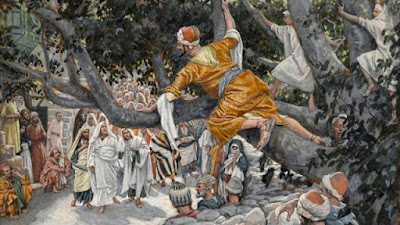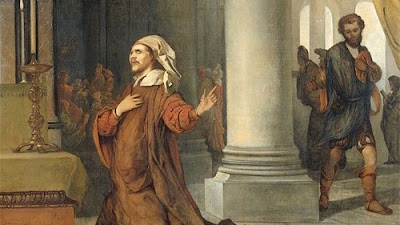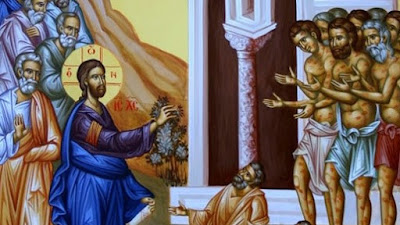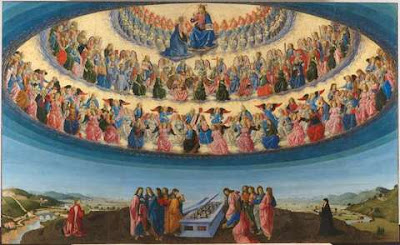Homily for the 2nd Sunday of Advent, December 8, 2019, Year A
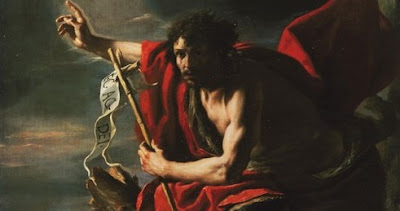
Detail , St. John the Baptist Preaching , Mattia Preti (Il Cavaliere Calabrese), c. 1665. Fr. Charles Irvin Diocese of Lansing ( Click here for Sunday’s readings ) Here we are with Christmas just two and a half weeks away. The shops and malls are loaded with goodies. Christmas songs fill the air. Parties are being arranged and delicacies prepared. Thoughts of home, of family, and of a lovely time fill our hopes and imaginations. With all of these lovely sentiments in our hearts and minds we come to church today and hear about a weird guy living in the desert, wearing scratchy and horribly smelling clothes made of camel’s hair, eating locusts, calling people a bunch of snakes while telling them that fire and brimstone will come down on them, all the while threatening them with axes that will cut them down. The gospel picture ends with John the Baptist threatening the Sadducees and Pharisees with hell. Aren’t you glad you came to church today just before Christmas to hear all
